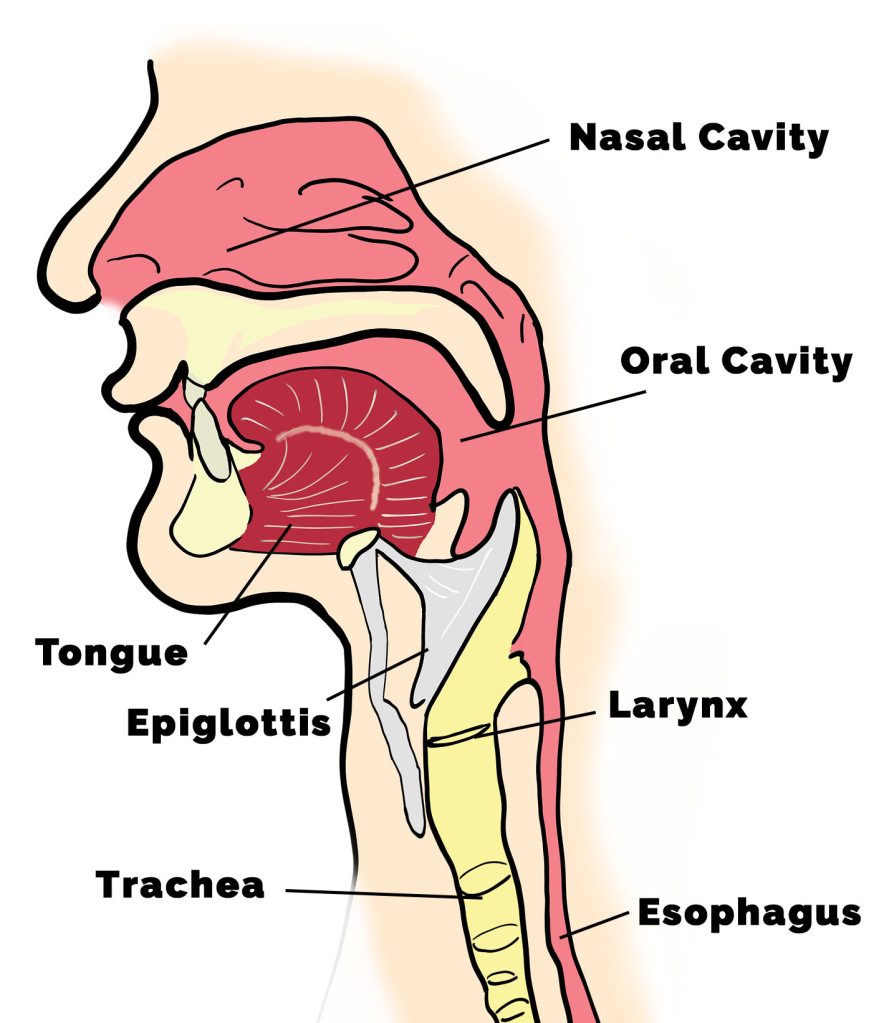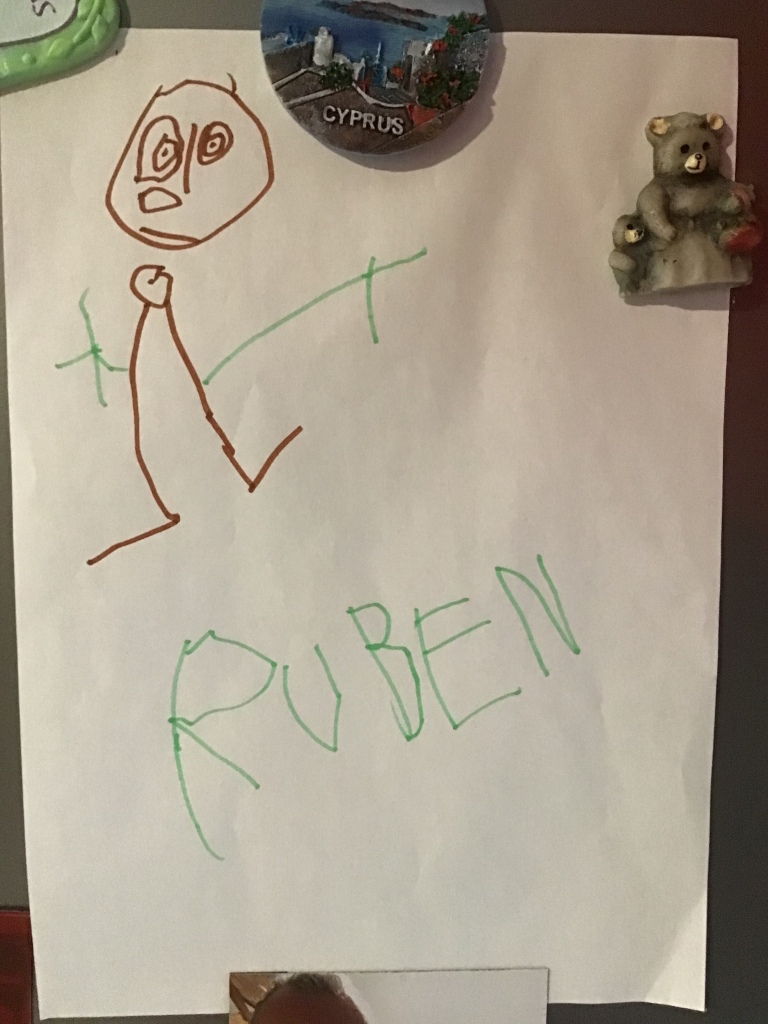A couple of weeks ago my wife, Chris, and I were flying to Greece. During the safety announcements before take-off, we were told that, in the event of an emergency, we were to “leave all baggage behind.” For some reason those words made me laugh as I turned to my wife and said, “Do you think that is what we will hear when we die?”
My wife has a keen interest in Near Death Experiences (NDEs) and I have listened to the experiences of many people who have had one or more NDEs. So far, I haven’t heard anyone use the words “Leave all baggage behind,” but isn’t it the case that, when we come to breathe our last, we in fact leave all of our baggage behind? Over the last six years–which have included two trans-Atlantic moves(!)–Chris and I have done our best to leave a lot of baggage behind–literally and figuratively. Shipping one’s accumulated ‘stuff’ is expensive. We have rejoiced whenever we have been able to give to friends a cherished piece of furniture or a set of books.
Not so long ago, we completely filled our car with any number of items we had kept far too long. We took them to several brocantes in our area of Normandy but only managed to sell one thing. However, one of the owners told us of another brocante about ten kilometres from his place, so off we went. The lady who managed this other brocante told me that she was only interested in house clearances. Not to be dissuaded, I suggested that this was, in fact, what we had done! We had cleared the house, saving her the trouble. She laughed and agreed to have the carload of ‘baggage.’ The fact that we were paid a paltry thirty-five euros for the lot barely registered with us. We were overjoyed that we had left yet more baggage behind–and created more space in our house!
What about the figurative baggage? Do we really want to wait until we are dying to let go of regrets, grievances and other emotional baggage? Isn’t it a wonderful feeling of lightness when we are able to let go of past relationships, negative memories, mistakes we have made or harm done to us? Many a wise person has said that, very often, in order for us to adopt a new behaviour or new attitude, we have to let something go–the old baggage. The medieval mystic, Meister Eckhart once wrote, “Live as though you didn’t exist.” Far from being a negative statement, he meant we should travel lightly in this world, ditching all unnecessary baggage, and leaving behind us only love.






